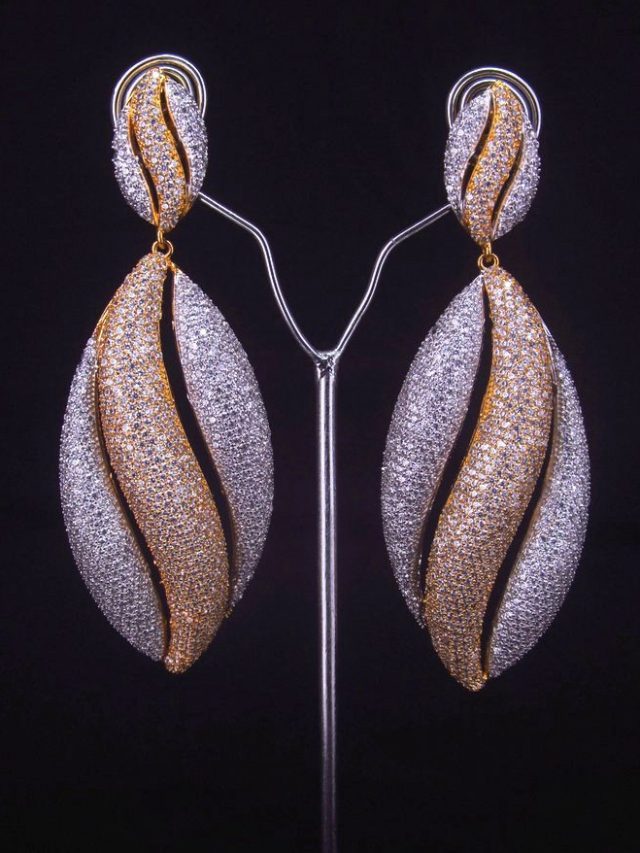
[ad_1]
It’s difficult to escape the doom and gloom messaging around the economy. ANGELA HAN calls for retailers and suppliers to remain proactive no matter what the future holds.
When it comes to the forecasts that impact your business the most, who can you really trust?
I’m sure you’ll agree when I say that the media has recently been dominated by the wailing of market pundits.
Terms such as depression, recession, and economic collapse are bandied from one talking head to the next on television, on the radio, and in the newspapers.
I don’t intend to dispute the impact of increasing inflation and cost of living pressures – filling the family car with petrol this week was all the evidence I needed to know that times are tough.
Consumers feel the pinch from day-to-day, retailers carry the burden of weakened consumer spending, and suppliers feel the pain of struggling retailers.
In January, representatives of The World Bank predicted that this year would be headlined by a global recession. That same month, Forbes published an article declaring that “a majority of economists believe a recession is likely in 2023”.
A similar story published by CNBC hinted at a more important underlying truth: “Recessions often take everyone by surprise. There’s a very good chance the next one will not,” writes markets editor Patti Domm.
“Economists have been forecasting a recession for months now, and most see it starting early next year. Whether it’s deep or shallow, long or short, is up for debate, but the idea that the economy is going into a period of contraction is pretty much the consensus view among economists.”
Word play
My question is, if recessions “often take everyone by surprise” then how much faith should we have in the words
of these experts?
How do we know that they are right this time, when clearly they’ve been wrong in the past?
Recall that the Global Financial Crisis of 2008 was predicted by just a handful of economists worldwide.
While the rest of the herd may bleat that the “warning signs were clear” with the benefit of hindsight, few publicly predicted the GFC.
How about the phrase ‘pretty much’ the consensus? I’m sure you’ll agree this is curious language. I was under the impression that something either is or is not a ‘consensus’. It comes from the Latin word consentire, meaning agreement.
Here’s another slice of Latin that is worthwhile remembering – argumentum ab auctoritate – which translates to ‘an appeal to authority’ in English.
An appeal to authority, or an argument from authority, is one of the most commonly committed logical fallacies.
- Person A claims that X is true.
- Person A is an ‘expert’ in the field concerning X.
- Therefore, X should be believed.
Humans are wired to feel strong emotional pressure when it comes to digression from authority figures and majority positions. That doesn’t mean we can’t rise above the limitations of our ‘mental hardware’ and seek the truth elsewhere.
Ground floor
So far, two major meetings of the Australian jewellery industry have taken place this year – the Melbourne Jewellery Expo in February and the Australian Jewellery Fair (AJF) in Sydney.
Buyers and suppliers alike have had many positives to share despite the so-called dark clouds looming above. These are two local trade fairs that pale in size compared with larger international gatherings; however, looking abroad and the news has been equally optimistic.
At Inhorgenta Munich, the total number of visitors increased by a staggering 51 per cent compared with the past year’s event.
In Turkey, more than 30,000 people took part in the Istanbul Jewellery Show. At the rapidly emerging Jewellery, Gem and Technology in Dubai, visitor numbers increased by a startling 46 per cent.
There’s optimism to be found if you know where to look.
Further, how many experts predicted that consumer spending on luxury items such as jewellery would be strong during a two-year international pandemic? Very few.
That said, the performance of international jewellery fairs is just a blip on the radar of the international economy; just as the performance of Australia’s local trade shows has little bearing on the international jewellery industry.
I’m sure you’ll agree it’s a factor to worth considering like any other.
Moving forward
Perhaps the most interesting insight from the AJF came from one supplier who spoke to Jeweller on the importance of staying proactive. He said that any negativity should be viewed in context and added that he recommends retailers ignore the ‘computer gurus’ who lack a detailed understanding of the finer aspects of the trade.
This message of ‘staying proactive’ and ignoring all the doomsayers reminds me of the fable about the business owner and his son arguing about the store’s appearance.
The son believed the store needed a ‘refresh’; with signage to be repainted and he told his father that the decor needed to be updated.
The father refuses; however, because he had read in the newspapers that a recession was on the way!
A year passes, and the store’s turnover is less than the year before and the son once again tells his father the store needs a new look. The father refuses again saying they need to save money because “every day that passes is one day closer to the recession.”
Yes, you guessed it, 12 months on – and without this impending recession – a new store opens in town and more sales are lost.Again the son argues with his father saying the store was drab and needed a redesign to entice customers, and the father refuses – saying: “The time isn’t right, we have to save money. The experts still say a recession is coming”.
A third year passes and sales have fallen so low that the store is forced to close. As the sign is flipped to ‘closed’ one final time, the men reflect on the decline of the business and the father remarks – “at least we didn’t waste any money on that refurbishment you wanted!”
So what’s the moral of the story? Keep it simple! Restrict the influence that exterior chatter has on your business, and always operate in a positive and proactive manner. And as they say, learn to dance in the rain.
READ EMAG
[ad_2]
Source link






















